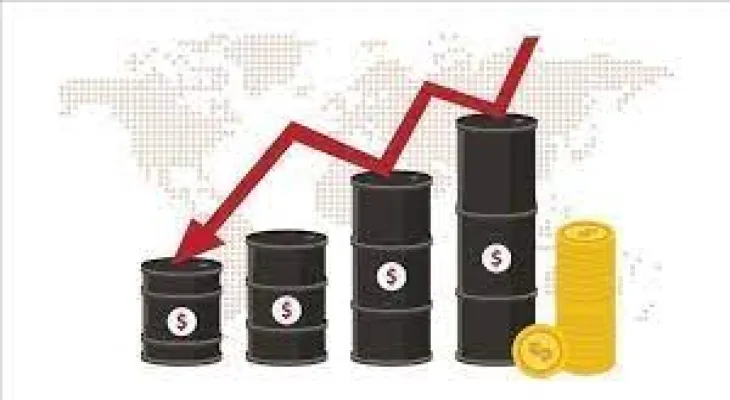Search here
Newspaper
Search here

Arab Canada News
News

Published: September 8, 2022
Oil prices gave up their initial gains during trading today, Wednesday, September 7, 2022, and turned to decline, losing more than $3, reaching their lowest level since Russia invaded Ukraine seven months ago, while Gulf stock markets were affected by oil prices and recorded a decline.
This decline is due to concerns about oil demand, fueled by a looming recession and weak trade data from China, according to Reuters.
Futures for the global benchmark crude "Brent blend" fell $3.40, or 3.66%, to $89.43 per barrel by 13:38 GMT, touching their weakest level since February 3, 2022, dropping below $90 per barrel for the first time since February 8, 2022.
Similarly, futures for the US benchmark West Texas Intermediate crude fell $3.42, or 3.94%, to $83.46 per barrel, reaching the lowest level since January 24, 2022.
The Organization of the Petroleum Exporting Countries (OPEC) and its allies in "OPEC Plus" decided on Monday, September 5, 2022, to cut production in October 2022 to support prices, in the face of fears of a contraction.
This step is likely to anger the United States, as it had pressured the group to increase production to lower energy prices that fueled inflation, which reached its highest levels in decades, according to Agence France-Presse.
Representatives of the thirteen member states of the Organization of the Petroleum Exporting Countries (OPEC) led by Riyadh and their ten partners led by Moscow agreed to "return to August quotas, i.e., a reduction of 100,000 barrels compared to September," according to a statement issued by "OPEC Plus".
In a related context, most major stock markets in the Gulf closed lower today, Wednesday, with the main index in Saudi Arabia leading the losses amid oil price volatility.
Oil prices are the main driver of financial markets in the Middle East, and most Gulf Cooperation Council countries, including the UAE, peg their local currencies to the dollar and generally follow the movements of the Federal Reserve (the US central bank), exposing the region to direct impact from monetary tightening in the United States.
The main stock index in Saudi Arabia fell 1.1%, continuing its losses for the third consecutive session due to shares of real estate and financial companies, with the share of Ritaj Urban Development Company dropping 1.9% and the share of Al Rajhi Bank declining 0.8%.
In Qatar also, the main index fell 0.8%, retreating in eight of the last nine trading sessions, with the shares of Qatar Industries for Petrochemical Production dropping 1.7% and Ooredoo shares declining 2.4%.
In Dubai as well, the main index fell 0.4% with losers outnumbering gainers, affected by a 1.8% drop in the leading Emaar Properties share and a 2.3% decline in Air Arabia shares.
Comments